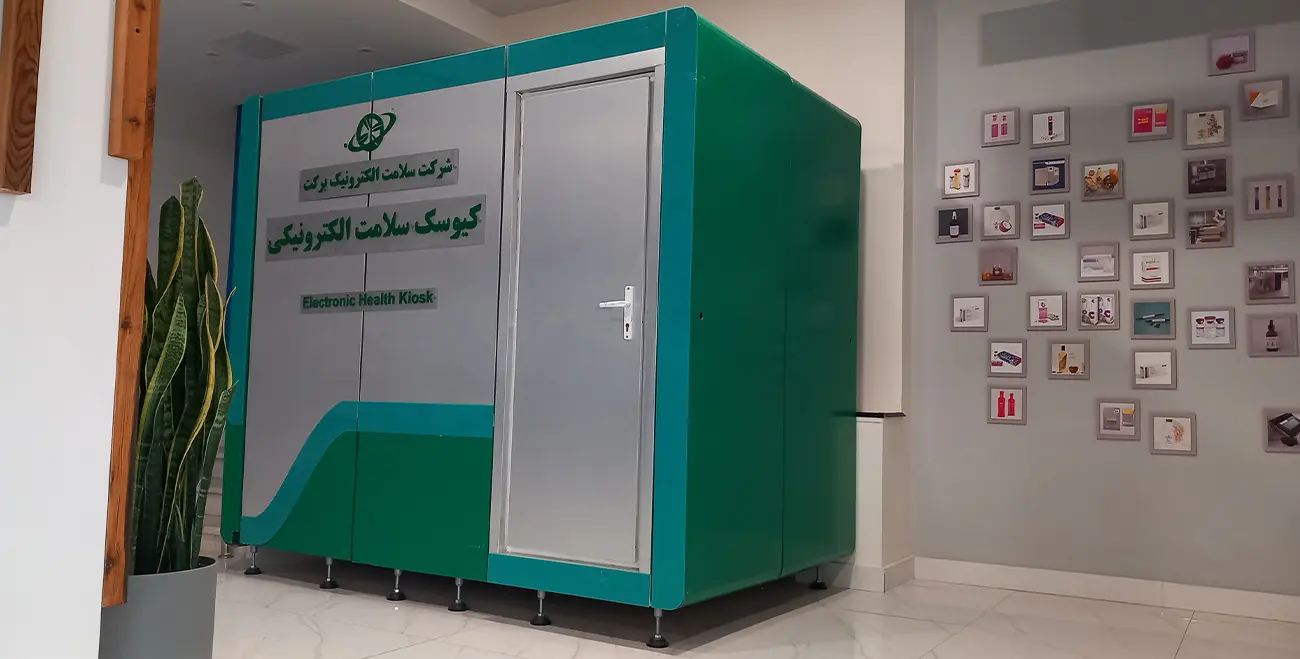


One of the greatest challenges facing healthcare systems today is the prevention and control of diseases. At the same time, the adoption of innovative IT-based solutions in the health sector has become a necessity. Health Kiosks are designed to provide health services to users. These kiosks offer services either as a self-service or with the assistance of a technician. By entering their username, password, and biometric information, users can access various services, including their medical records and health-related information.
In this innovative approach, which represents a new standard in electronic healthcare in advanced countries, doctors can consult with patients face-to-face via telehealth platforms connected to medical devices. If necessary, the patient may then be referred to a specialist. Specialized telehealth machines offer remote healthcare services, which sometimes require the assistance of a medical staff member. In this model, doctors and technicians collaborate to enhance the remote healthcare process.
These machines are equipped with satellite or internet technology to connect patients and doctors. A notable feature of such kiosks is their mobility, enabling coverage of underserved areas. Services provided include periodic checkups, primary medical records, general and specialist consultations, lab test analyses, telemedicine services, and medical imaging.
Health Kiosks are multifunctional systems with capabilities such as direct communication with specialist doctors, remote diagnosis, treatment, and consultations. These systems can be installed in public areas, clinics, sports clubs, and private or government organizations, contributing significantly to health improvement within various communities.
These kiosks support internationally standardized devices and data transfer protocols. This initiative has been welcomed by officials in Lorestan Province, where telemedicine services in flood-affected areas have prevented critical illnesses from worsening or leading to disabilities. Similarly, these services have been utilized in Iraq to aid pilgrims and patients.
The telehealth equipment is connected to specialized hospitals in Tehran, enabling remote consultations with specialist and sub-specialist doctors. After initial registration and appointment scheduling, patients visit the telehealth machines, where their electronic health records are created and reviewed by specialists for further diagnosis and prescription.
These mobile machines are simultaneously connected to three specialized hospitals in Tehran. Using internet infrastructure, they enable video consultations between patients and the best doctors, ensuring quality medical care.